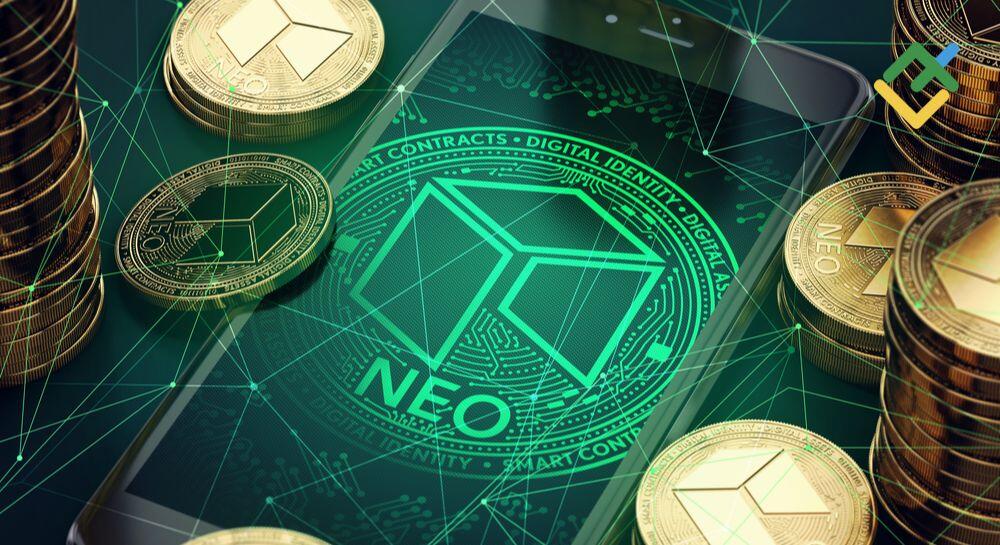Amazing Facts About NEO
NEO Coin:
Owner: NEO, often referred to as “Ethereum of China,” is an open-source blockchain platform developed by Onchain, a Chinese blockchain company founded by Da Hongfei and Erik Zhang. NEO is governed by the NEO Foundation and its decentralized community. It’s designed to facilitate the development of digital assets and smart contracts.
Uses: NEO has several key uses within its ecosystem:
- Digital Assets: NEO allows users to create digital assets, commonly referred to as tokens. These tokens can represent various assets, such as cryptocurrencies, assets in the physical world, or even other digital tokens.
- Smart Contracts: NEO supports the creation and execution of smart contracts. Developers can use multiple programming languages, including C# and Java, to build decentralized applications (dApps) and automate complex tasks.
- Digital Identity: NEO provides a digital identity system that enables users to verify their identity in a secure and privacy-preserving manner. This has applications in KYC (Know Your Customer) and identity verification processes.
- Decentralized Finance (DeFi): Like Ethereum, NEO has been used as a foundation for various DeFi projects, including decentralized exchanges, lending platforms, and yield farming.
- Initial Coin Offerings (ICOs): NEO was known for hosting ICOs during the initial coin offering boom. However, regulatory changes have impacted this usage.
Seed Sale: NEO’s initial distribution involved two rounds of crowdfunding in 2014 and 2015, which served as a precursor to the initial coin offering (ICO). The ICO itself took place in October 2015. The funds raised were used to support the development of the NEO platform.
Working Principles and Limitations: NEO operates on several working principles and has its set of limitations:
- Delegated Byzantine Fault Tolerance (dBFT): NEO uses a consensus mechanism called dBFT, which is a form of the Byzantine Fault Tolerance consensus. It provides fast transaction processing and finality.
- Digital Identity: NEO’s digital identity system allows users to interact with blockchain services securely. However, privacy concerns must be addressed in the real-world use of digital identity.
- Interoperability: NEO aims for interoperability with other blockchains and existing systems, enabling cross-chain communication.
- Limitations: NEO has faced regulatory challenges in China, leading to increased scrutiny and limitations on its activities. It also competes with other smart contract platforms like Ethereum and faces the challenge of attracting developers and users.
Current Value: The value of NEO can be found by checking a reputable cryptocurrency exchange or market data provider. The price can fluctuate, so it’s essential to get real-time information from a reliable source.
How to Buy and Sell NEO: To buy and sell NEO tokens, follow these general steps:
- Select a Cryptocurrency Exchange: Choose a cryptocurrency exchange that supports NEO trading. Exchanges like Binance, Huobi, and OKEx are commonly used for NEO trading.
- Create an Account: Sign up for an account on the chosen exchange and complete any required identity verification.
- Deposit Funds: Deposit funds into your exchange account, either in the form of cryptocurrencies or fiat currency, depending on the exchange’s offerings.
- Place an Order: Once your funds are deposited, you can place buy orders for NEO at the current market price or set a specific price at which you want to buy.
- Secure Storage: After buying NEO, consider transferring your tokens to a secure cryptocurrency wallet for added security. The NEON Wallet and Ledger Nano S are popular options for storing NEO.
- Selling NEO: To sell NEO, navigate to the trading section of your chosen exchange and place a sell order at the desired price.
Please note that the exact steps may vary depending on the exchange you use, and it’s important to follow the exchange’s specific instructions for buying and selling NEO. Additionally, investing in cryptocurrencies carries inherent risks, and you should conduct thorough research and consider your risk tolerance before participating in the cryptocurrency market.



